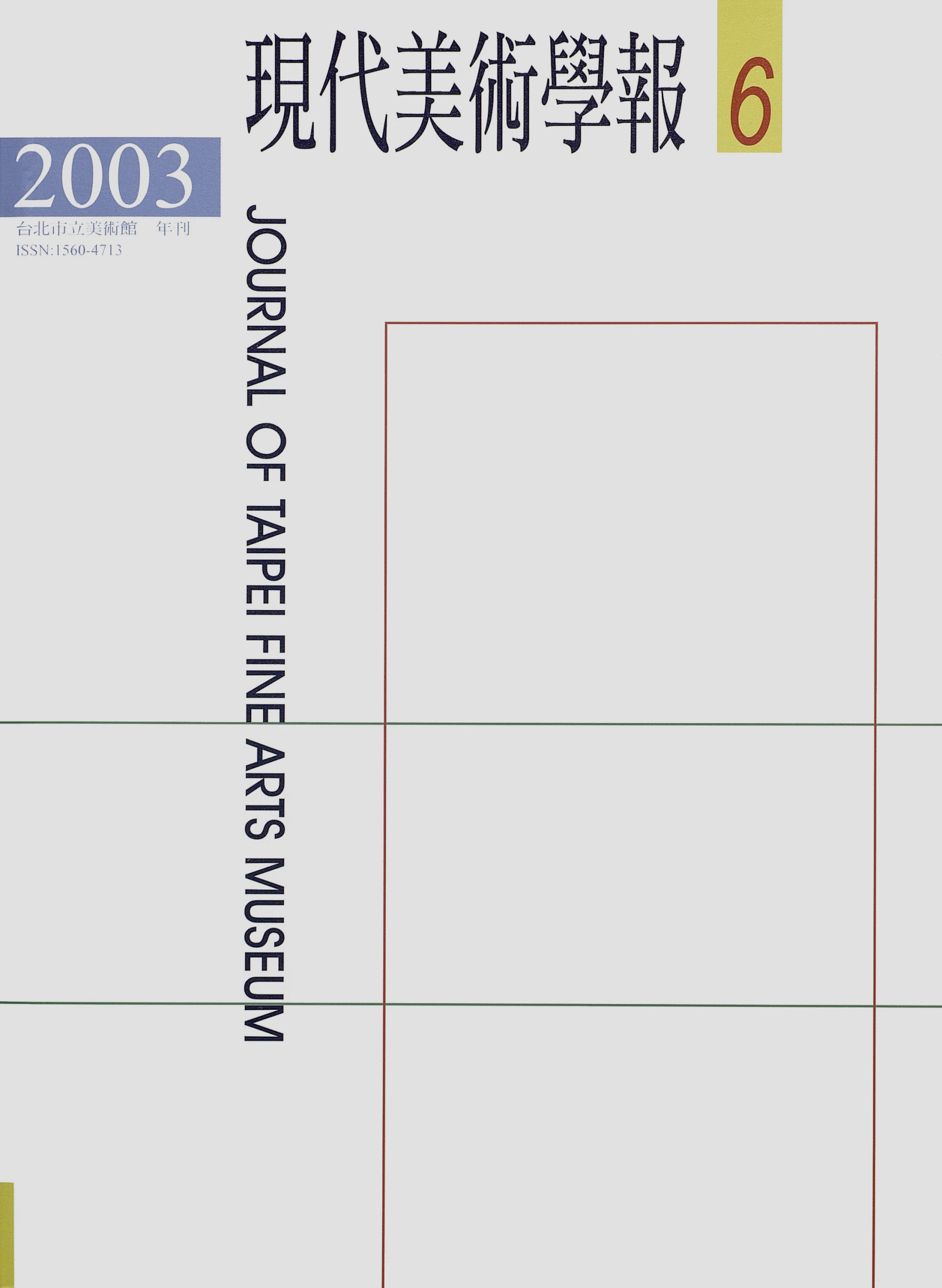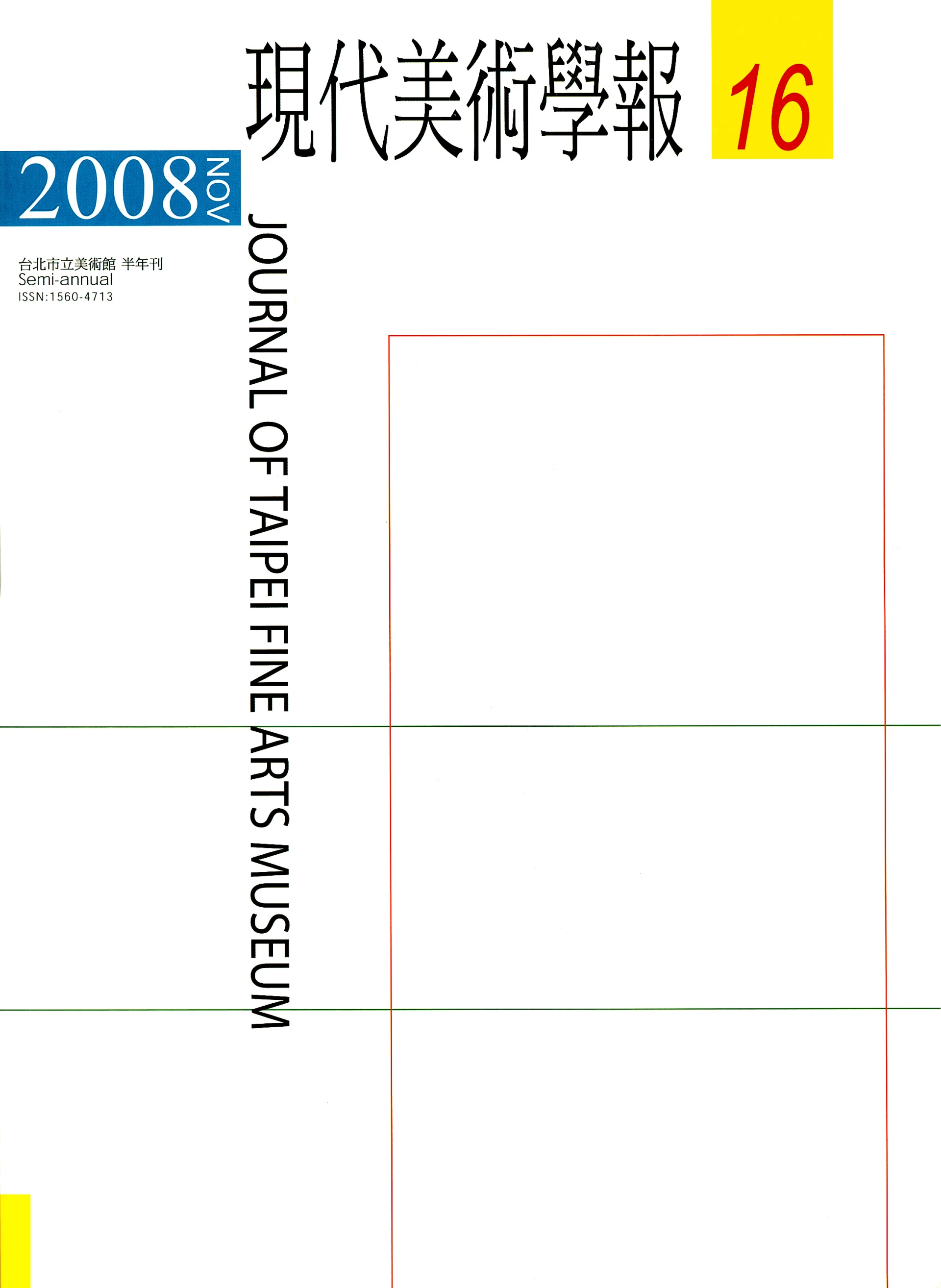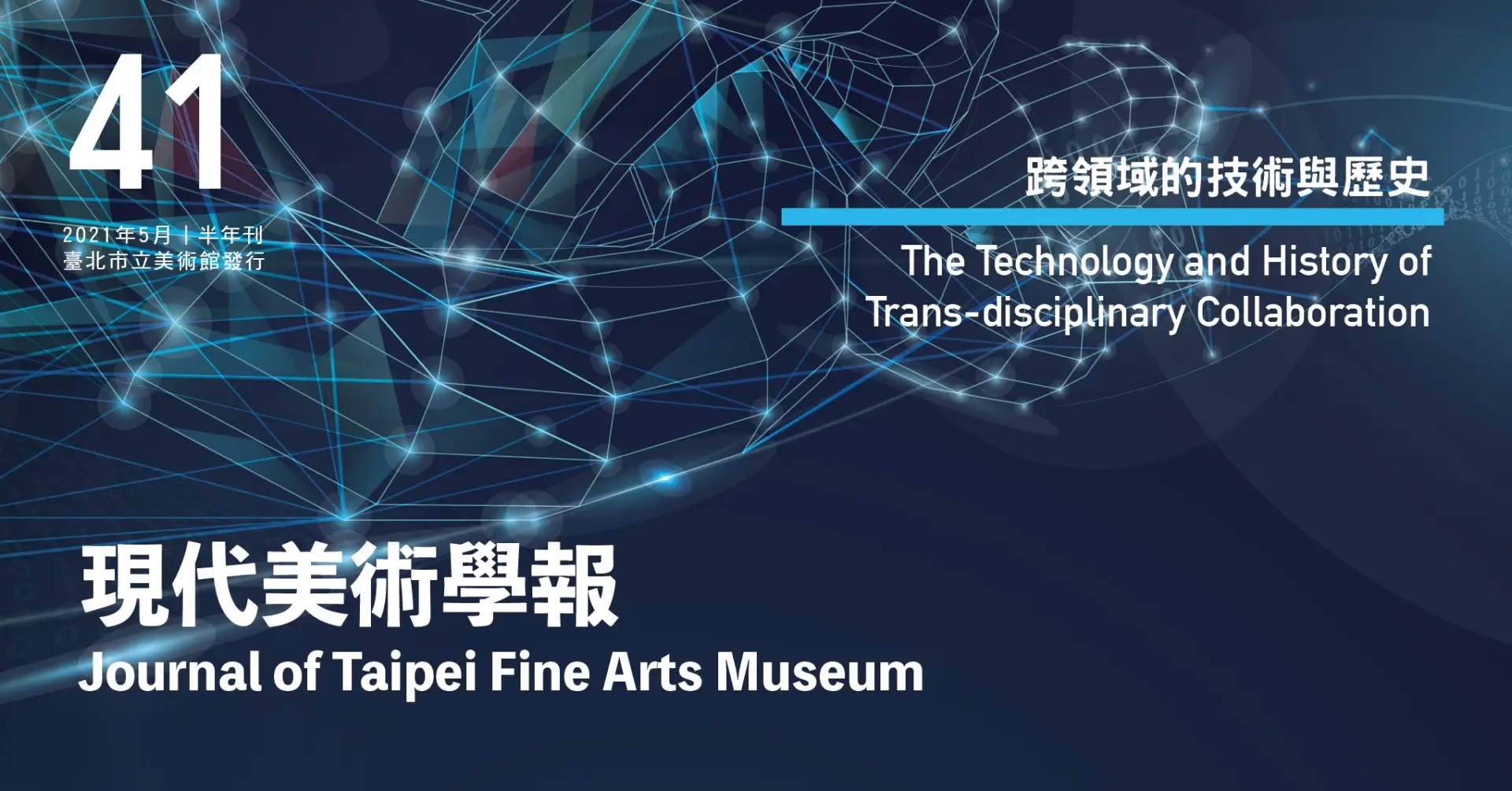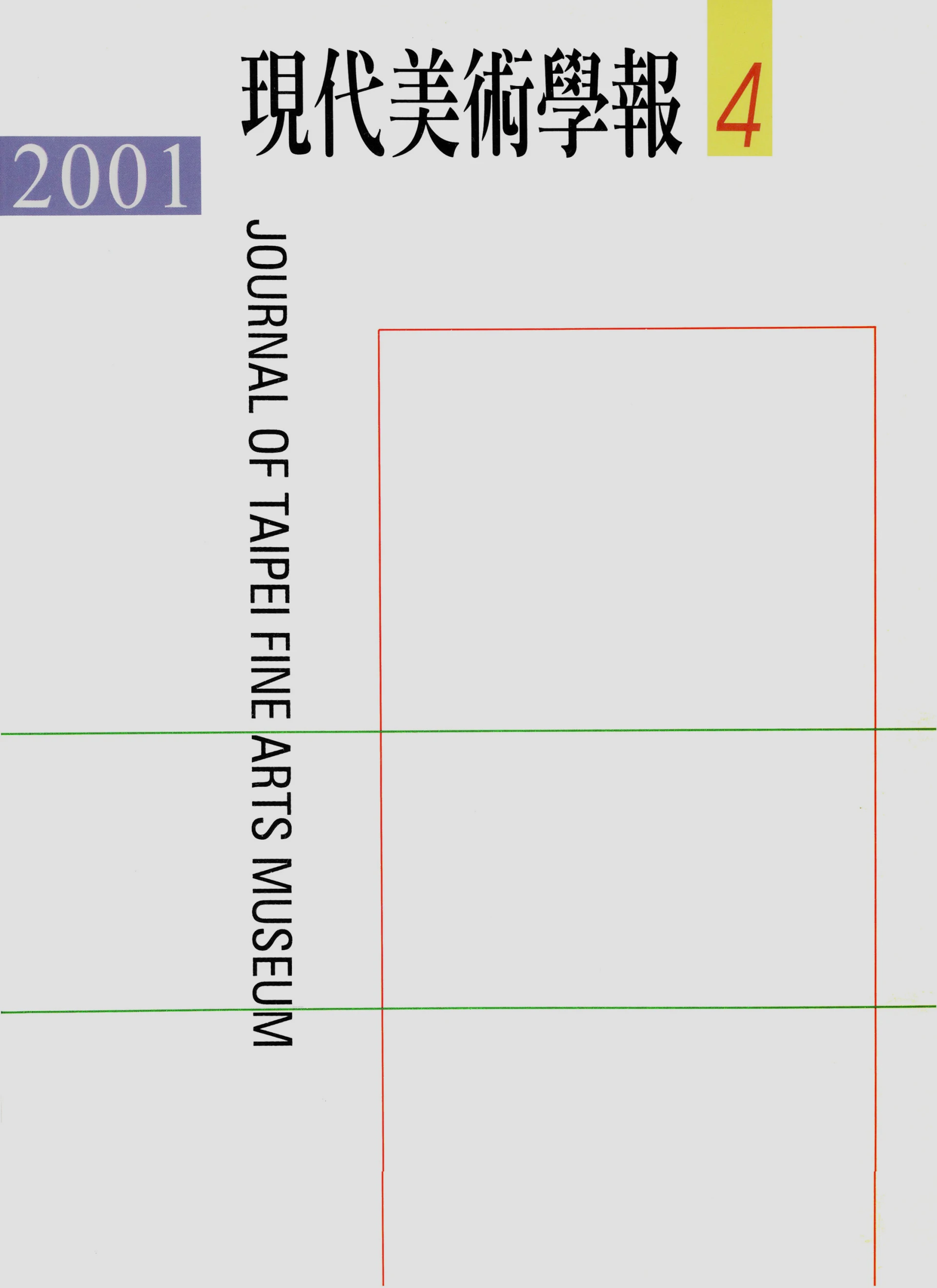摘要
本文旨在反思大學美術館為回應檔案化要求所採取的作為。此種要求促使在大學脈絡下的美術館透過研究與展覽,為其館藏創造出論述性與美學式的互動條件。更確切地說,本文藉由「本土」、「國家」與「非具象」三個類別所引發的概念架構,研究菲律賓現代性的可能軌跡。這三個類別分別由三位在二十世紀上半葉活躍於菲律賓的人物所體現,包括收藏家暨官員豪爾赫.巴爾加斯(Jorge Vargas)、雕刻家吉列爾莫.托倫蒂諾(Guillermo Tolentino),以及評論家、策展人暨詩人奧雷利歐.阿爾維洛(Aurelio Alvero)。關於菲律賓的現代性,本文在渴望尋求差異的脈絡下,重新檢視「國家」這個觀念;這種渴望並不必然受到西方現代主義理念的支配,而是追溯其本身的論據至一個更為宇宙論式與世界主義式的起源。「本土」與「非具象」這兩個術語因而被突顯,以使「國家」概念複雜化。
關鍵詞
檔案、現代性、國家、非具象繪畫、美術館、典藏
Abstract
The essay reflects on the work of the university art museum as it responds to the archival imperative. Such imperative prompts the museum, which is situated in the context of the university, to create conditions for its materials to interact discursively and aesthetically through research and exhibitions. More specifically, the essay looks into a possible trajectory of the Philippine modern through conceptual frameworks evoked by the categories "native," "national," and "non-objective." The latter are referenced by three figures who were active in the first half of the twentieth century in the Philippines: the collector and bureaucrat Jorge Vargas, the sculptor Guillermo Tolentino, and the critic, curator, and poet Aurelio Alvero. With regard to Philippine modernity, it revisits the notion of the national in the context of a desire for distinction that is not necessarily governed by the tropes of western modernism and instead traces its arguments to a more cosmological and cosmopolitan source, thus the terms "native" and "non-objective" are foregrounded to complicate the "national."
Keywords
archive, modernity, nation, non-objective painting, museum, collection






